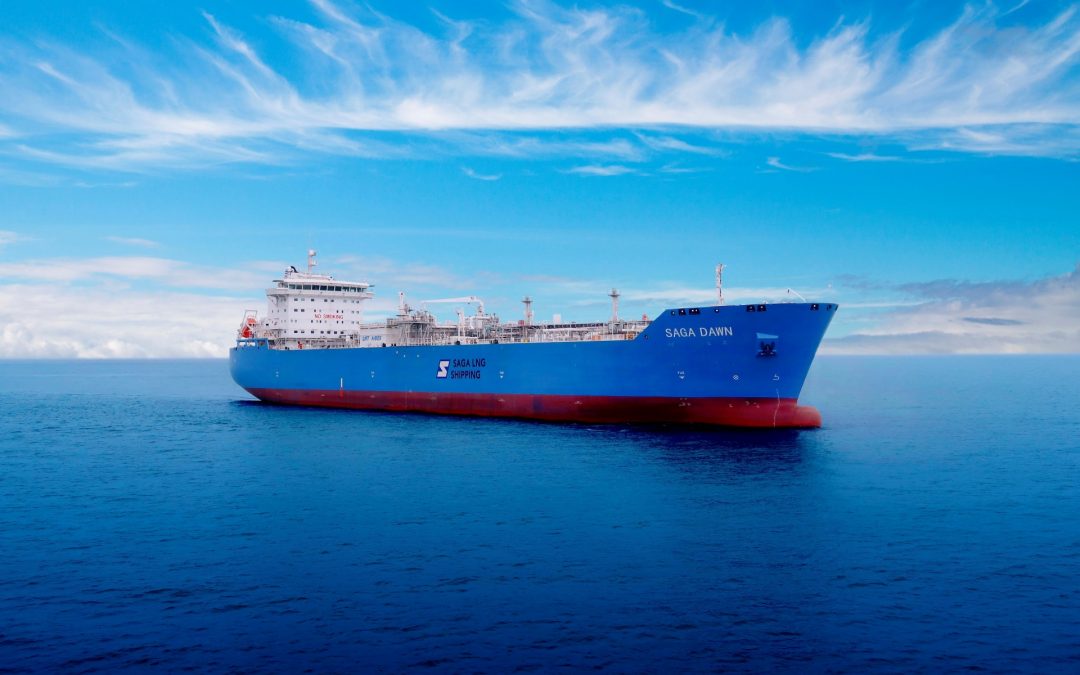Damen Engineering has announced the completion of its first vessel design to be entirely created, reviewed and class-approved using 3D models in collaboration with leading classification society Bureau Veritas (BV) and global maritime software provider NAPA.
The 2500 m3 dredger concept is the first Damen vessel concept to receive BV certification using 3D model-based classification approval (3D MBA) – a process in which class societies review and approve designs using 3D models rather than 2D drawings, the current norm. Following this successful implementation of 3D MBA, Damen has confirmed that the process is already being applied to further designs including a 1000 m3 and a 4000 m3 hopper dredger.
These 3D model-based designs and approvals are supported by NAPA’s cutting edge technology which enables Damen and BV to work collaboratively on the same 3D model throughout the design and review process. From the very first project, the deployment of 3D MBA has yielded positive results, streamlining communication and saving time. Critically, 3D MBA also eliminates a major potential source of errors, as Damen no longer needs to translate the 3D models it uses to design vessels into 2D drawings for class approvals, and then back again into 3D to implement the changes.
This first approval follows a partnership between NAPA and Bureau Veritas to implement 3D model based approvals using a neutral OCX file format generated by NAPA Designer that enables BV to perform its prescriptive rule checks and calculations utilizing its in-house tools MARS and VeriSTAR Hull.
Kasia Romantowska, Managing Director of Damen Engineering Gdansk, part of the Offshore and Specialized Vessels Division of the Damen Group, commented: “From the outset, 3D model-based approval has delivered on its promises, helping our teams save valuable time. We have been using NAPA’s 3D design tools for a long time and being able to go through classification reviews and approval on the same 3D model is a game-changer. Now, all stakeholders in the design process have access to a single, reliable and real-time source of information and this is key to facilitate communication and limit the risk of errors. For Damen Shipyards Group, deploying 3D MBA is also an example of our constant commitment to innovation and this move will help us deliver the safe, reliable, efficient and sustainable ships that will help our clients achieve their goals, whether it is to reduce their environmental footprint or improve their performance.”
Mikko Forss, Executive Vice President at NAPA Design Solutions, said: “Implementing 3D models throughout the design and approval processes of new ships is the way of the future, unlocking a new level of collaboration and information-sharing in the ship design process. This creates a win-win situation that helps teams innovate together, enabling them to make the most of time and resources to deliver the best possible designs. This is particularly important at a time when the decarbonization transition is increasing the pressure on designers and shipyards to create a new generation of greener and more efficient vessels, and incorporate new fuels and technologies on board. We are proud to see 3D MBA supporting real-life projects today and this is thanks to the pioneering spirit of all partners, supported by robust, transparent and comprehensive digital tools.”
Laurent Leblanc, Senior Vice President Technical & Operations at Bureau Veritas Marine & Offshore, said: “We are delighted to deliver this approval for Damen’s 2500 m3 dredger concept which is the result of our collective determination to make 3D model-based approvals a reality in our industry. This milestone demonstrates the effectiveness and viability of 3D MBA to support closer and more efficient collaboration between designers and our classification surveyors while ensuring that all safety and regulatory standards are met. This collaboration with NAPA and Damen is a tangible demonstration of BV’s commitment to work with pioneers in our industry, supporting the safe innovation needed to meet the safety and sustainability challenges ahead.”
Source: Hellenic Shipping News






